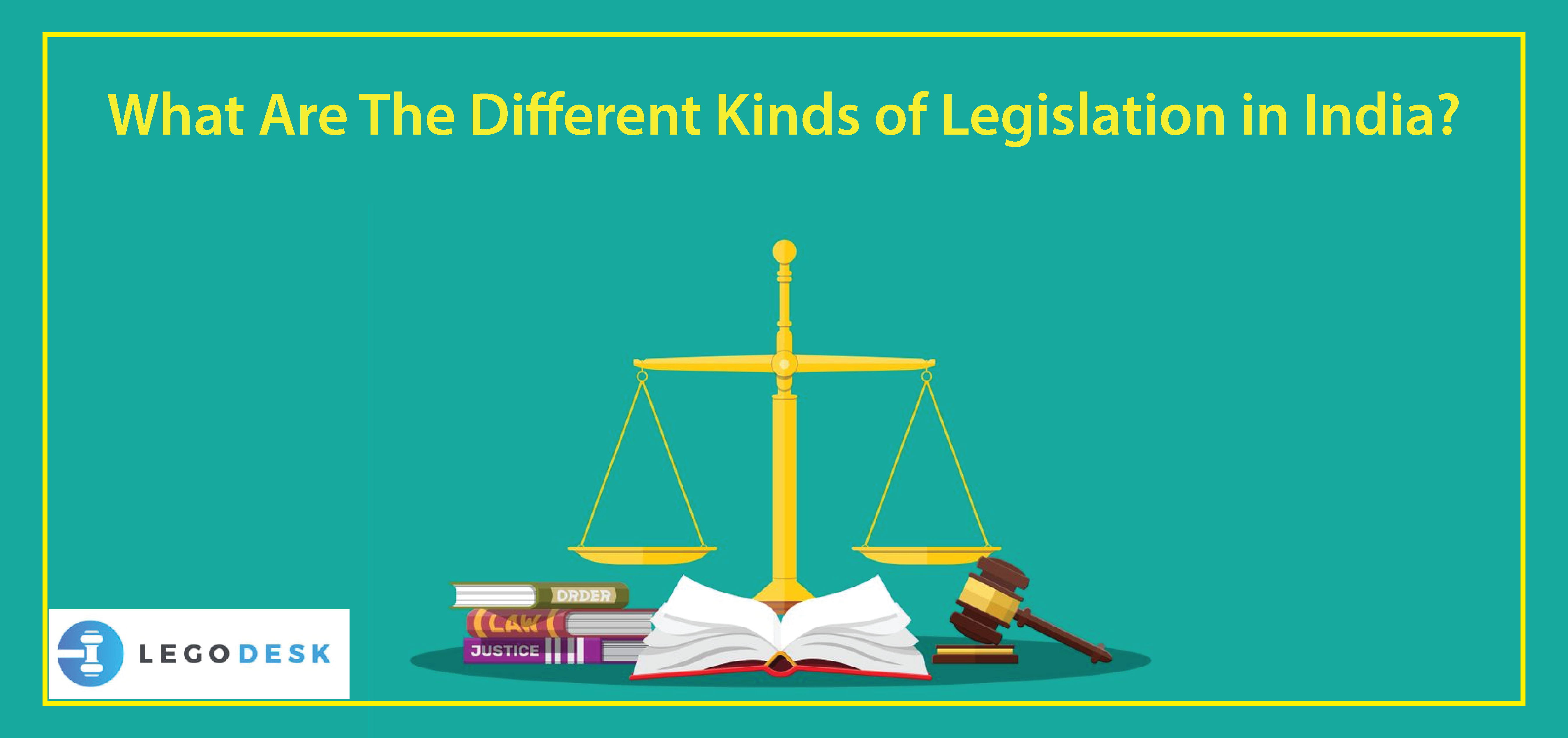
Two words have formed legislation, ‘legis’ which means law and ‘latum’ which means making. So, generally speaking, legislation means lawmaking. Among all the sources of law, legislation is one of the most relevant and sovereign sources of lawmaking. This is because it takes into anticipation the needs of the society, and can be enacted as and when society evolves as well as the people in it. It is one of the most important instruments of governance and helps in organizing society and protecting citizens. It determines, among other things, the rights and responsibilities of individuals and authorities to whom the legislation applies. A law has little or no value if it is not backed by discipline or power of enforcement.
Those who undertake such lawmaking constitute the lawmaking body, which is known as the legislature. Only laws by authorized bodies, in this sense, can become legislation. As Salmond has said, ‘legislation is that source of law which consists in the declaration of legal rules by a competent authority.’
Types Of Legislations
As there can be different authorities undertaking the process of legislation, differentiation has been done on the basis of that. According to Salmond, this can be categorized into two – Supreme Legislation and Subordinate Legislation.
Supreme Legislation
Supreme Legislation is that legislation that is made by the sovereign authority of that state. It cannot be repealed, or controlled, or amended by any other authority except the one from which it proceeds. It is enacted by the highest law-making body. In the case of India, this is the Parliament. All Acts of Parliament are thus, supreme legislation.
The Constitution is another example of a Supreme Legislation. The authority of the Constitution cannot be challenged by any other legislative power. But, while the authority of the Acts and the Constitution is sovereign, it may not be supreme. This is because, in India, the courts of law have the power to declare legislation ultra vires or unconstitutional. It can, therefore, be read down or annulled if the judiciary so finds it reasonable.
Subordinate Legislation
Subordinate Legislation is that which proceeds from any other authority other than the sovereign power. It is made by an entity under a power delegated to the entity by the Parliament and is also known as Delegated Legislation. It is necessary for legislative power to be delegated because it saves the Parliament from undue pressure; it saves time and also allows for swift action to be undertaken in cases of emergency. Further, sometimes, internal regulation is not possible to be supervised at all times by the Parliament because it is very technical and detailed. This is when Subordinate Legislation steps in.
Subordinate Legislation includes rules, regulations, policies, notices, and proclamations. There are five kinds of subordinate legislation that can be understood as follows.
- Municipal Legislation: The Municipal Authorities in every district are given certain powers to enact laws and policies for their district. These by-laws as they are called, although not enacted by the Parliament per se, flow from its authority. This is because the Parliament gives the authority to the Municipalities to enact laws for themselves. They can range from construction of roads to issues of water. Examples of Delhi Municipal Corporation and Mumbai Municipal Corporation can be noted.
- Executive Legislation: The Executive consists of the President, Prime Minister, Governor, and other officers who are closely associated with the working of the administration of the State. The Parliament, being the authority, delegates certain powers to the Executive for its own working. An example could be of the Defence of India Act.
- Colonial Legislation: Colonial Legislation is that legislation which was the outcome of the period when India was under colonial rule. The British Government had given authority to the provinces to enact their own legislation. An example of the same could be any legislation that was enacted prior to Independence and is still existing as Indian law.
- Autonomous Legislation: Autonomous Legislation is that legislation which is made by organizations for their internal functioning. So, universities may make rules for themselves to conduct examinations. These rules may differ from university to university but are binding on the students studying in that particular university. Hence, they are known as autonomous legislation.
- Judicial Legislation: The judiciary is given certain powers to regulate their own internal procedure. When the judiciary exercises such powers to make legislation for themselves, such legislation is termed as judicial legislation. An example could be of Delhi High Court Rules governing the Delhi High Court.
Conclusion
Hence, apart from the existence of the Supreme Legislation, it is imperative to also place due consideration to Subordinate Legislations. As the Parliament cannot overlook and regulate the smallest functionaries of the State, they delegate certain authority to these functionaries to look after their own internal administration. This ensures that day-to-day affairs of the State are undertaken in a smooth manner without any inconveniences.

